BY KELSEY MOSER
At the start of China’s professional League of Legends season, Invictus Gaming was pegged as a strong favorite. They had won two large tournaments in the off-season in which other Chinese teams competed, IEM Season VIII Singapore and the Demacia Cup.
But then it looked like Invictus might have a serious rival when three well-established stars in the Chinese scene, including 2013 Spring LPL champion, Zhu “NaMei” Jia-Wen, came together under a new name: Edward Gaming.
In the two teams’ first game of the season, however, Invictus jumped out to an early lead. Edward Gaming lost towers, two dragons and saw itself fall into a significant gold deficit. It looked like Edward Gaming was over-hyped.
At around 20 minutes, however, the support player, Feng “Fzzf” Zhuo-Jun, landed one good Thresh hook, starting a fight that found Edward Gaming an ace. From there, they did not relinquish the advantage again, tightening their siege and finding more 5v5 victories. Even when Fzzf got caught out warding, they rushed the mid lane and took the inhibitor turret in response. They then channeled this momentum to find a slow, methodical win in their second game against Invictus, winning two-straight against the offseason favorites.
 Infographic by Ryanne “Froskurinn” Mohr | Click for a larger image
Infographic by Ryanne “Froskurinn” Mohr | Click for a larger image
From that moment forward, Edward Gaming was the real deal. After placing second during the regular season, they would go on to win the LPL playoffs.
This kind of playstyle became the calling card of Edward Gaming throughout the Spring LPL Split. They consistently fell behind in the early game, but only needed one good engagement to turn the tides. Though Edward Gaming had the longest average game time in LPL, they kept winning. Part of what led them to victory was the high level of synergy they exhibited from day one and perfected throughout the split. In an interview, the jungler, Ming “Clearlove” Kai told LPL’s host that the team plays “as one man.”
Edward Gaming lost seven games of 28 during the regular LPL season, placing behind OMG, the team that attended All-Stars, the international League of Legends tournament with a representative from each region. During the regular season, they failed to take a game from OMG, and only defeated them at the International Esports Tournament held after the split ended.
To figure out how this happened, we took a look at how Edward Gaming evolved throughout the Spring LPL, including the shortening of their average game time and just how dominant they were on the rare occasions where they found early gold leads.
The LoL Pro League (LPL) is the Chinese League of Legends series similar to the LCS in Europe and North America. At international events, top teams from the LPL will frequently place second behind top Korean teams. In the past, the Chinese teams have been known for their quick, decisive play-making, closing out games before the competition has a chance to react.
So when you hear that Edward Gaming had the longest average game time in the regular season, this might seem surprising. Yet it’s exactly because most LPL teams are so practiced in the early game that teams that play longer games rose to the top this split. With Riot Games changing gold values for early objectives, more reward was available for teams that could wait until the opportune moment to to strike.
But if Edward Gaming were truly so in sync, why did it take them so long to win? Why did they constantly struggle in the early game and rely on one good engagement to find victory?

Part of what kept Edward Gaming from first place in the regular season was hesitation. The team lost lanes they should not have, either because they failed to secure vision, and therefore felt afraid to make the necessary plays, or because Clearlove was busy farming or ganking top lane. Most would argue that players like Ceng “U” Long, NaMei, and Clearlove had the individual skill to dominate the opposition, and this is reflected in their stats.
In the rare cases where Edward Gaming picked up advantages in the early game, either by taking dragons, towers, or even first blood, they almost ensured their victory.
An 85 percent win rate on securing first dragon seems like an almost laughably high statistic, given that the overall win rate on first dragon for LPL teams is only 51 percent. But Edward Gaming only acquired the first dragon in 15 of 28 games, just over half.
This is surprisingly low for what you would expect from a team that works so well together. This suggests that when Edward Gaming takes an early advantage, they are unstoppable. The key to moving them from a second place regular season to a first place playoff team was getting them to a place where they could move proactively and find these leads.
Before that could happen, however, Edward Gaming had to rely upon their ability to control the Baron area. If dragon control is the hallmark of a strong early game, dominance of the Baron pit characterizes a late game giant. Though Edward Gaming’s wards were not always in the optimal locations, they always covered Baron, and they bought more sweeping lenses to deny vision than any other team. Their Baron control statistic of 72.2 percent was just behind OMG’s, which explained why Edward Gaming was able to win against any other team.

By keeping control of Baron, relying on the perfect fight and U’s wave clearing to stall games, Edward Gaming had a simple but effective formula for success. Ziggs became the mid lane champion with the highest win rate during the regular season because of his overwhelming stall potential. U’s Ziggs could prolong games by quickly killing sieges and turn fights with one well-timed ultimate. Yet OMG proved that the strategy wasn’t full-proof by winning four games against Edward Gaming, and it was clear the team’s early control would need work.
The most improved member of Edward Gaming in this regard was the captain and jungler, Clearlove. He spent a lot of time in the top lane early in the split, helping Tong “Koro” Yang win his lane. Clearlove had personally recommended Koro to the team, and one could argue that he was especially invested in the player’s success. As a result, however, teams took dragons for free and set back what many would argue is the team’s greatest asset: Zhu “NaMei” Jia-Wen, a contender for the title of “best AD carry in the world.”
 Infographic by Ryanne “Froskurinn” Mohr | Click for a larger image
Infographic by Ryanne “Froskurinn” Mohr | Click for a larger image
Yet in the playoffs, the story was very different. Clearlove moved across the map, selecting lanes to gank based upon the greatest ability to take an advantage. In the final game against Invictus Gaming, he placed pink wards in the bottom lane so he could revisit the immobile Kog’Maw, played by Invictus Gaming’s Kid, at his leisure. They acquired the first dragon in four of their six games during the playoffs, which isn’t a statistically significant improvement. But it at least suggests that the team’s performance after the end of the split was a departure from the average.
Now, Edward Gaming didn’t face OMG, the only team they failed to beat in the regular season, in the playoffs. But they defeated them at the International Esports Tournament, which they accomplished by focusing on OMG’s weakness, the middle lane, with bans and ganks. Again, Clearlove was fundamental to this strategy. It’s reasonable to assume that if Edward Gaming had met OMG in the playoffs, Edward Gaming could have still taken the title.

Yet the fact that Edward Gaming’s final set was against Invictus Gaming seemed poetic. The improvements the team made from their first game to their last were evident. Koro learned to hold his own against Liu “PDD” Mao, and Clearlove had an entire map at his disposal. Regular season games against Invictus Gaming extended past the forty minute mark, but in the playoff finals, Edward Gaming forced their opponents into a 26 minute surrender.
Edward Gaming’s synergy was the core of the team, allowing them to win long games throughout the regular season. With improvements made to jungle control, Edward Gaming are looking stronger than ever. The team’s coach, Ji “Aaron” Xing, has stated that the team has just advanced past the first stages of their development and truly become a team instead of just five strong players. And it shows.
Next split, instead of being the team with the longest average game time, Edward Gaming just may be the best team in LPL.
Photos via LPL



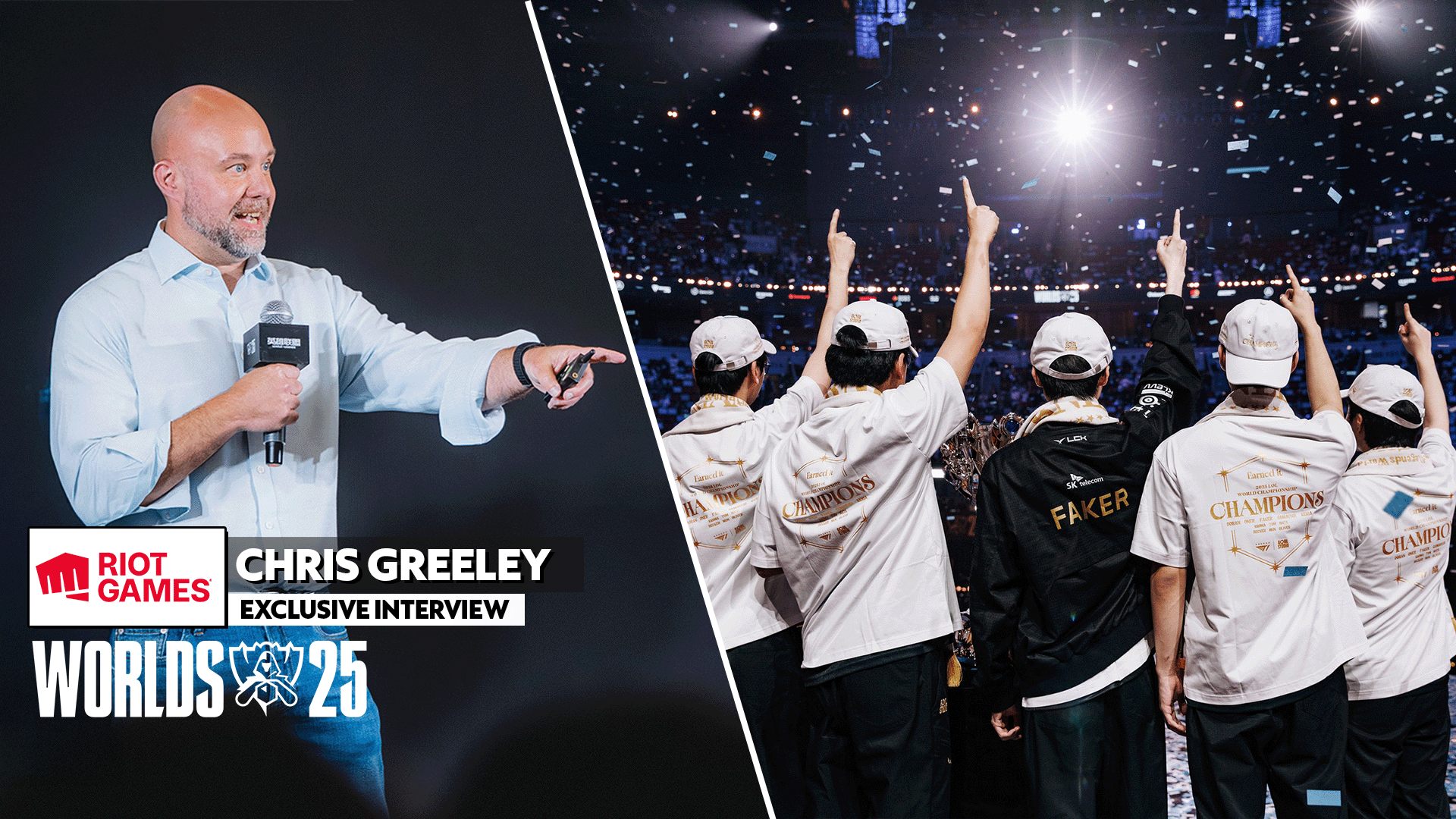
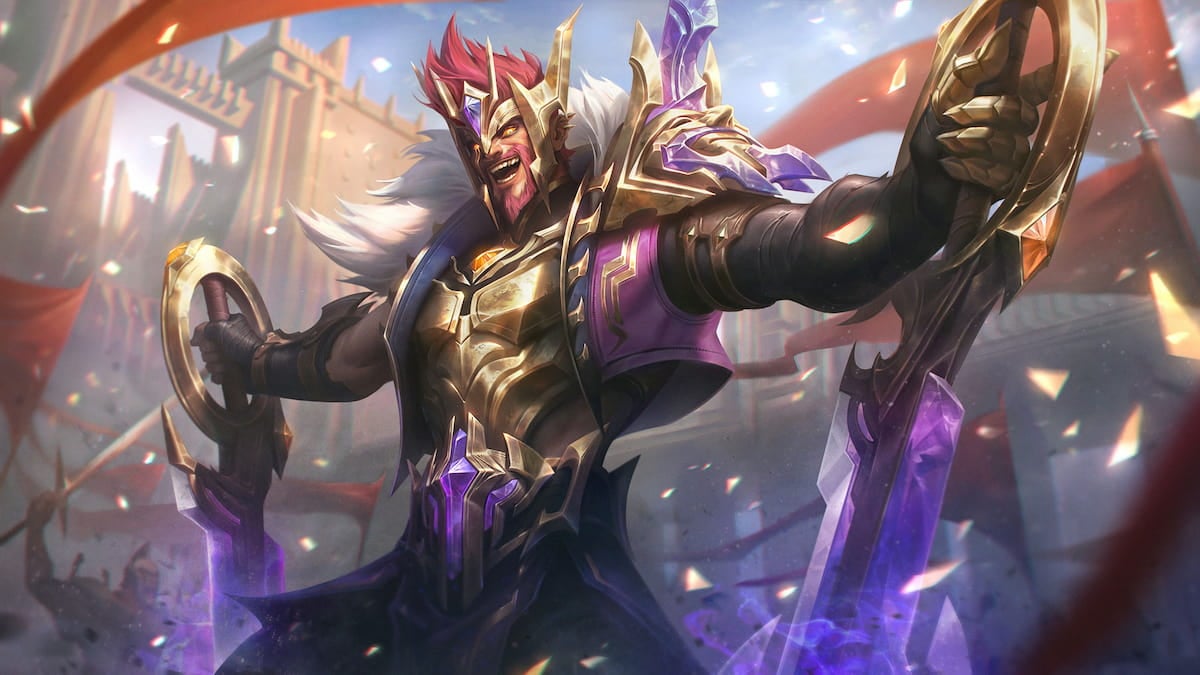
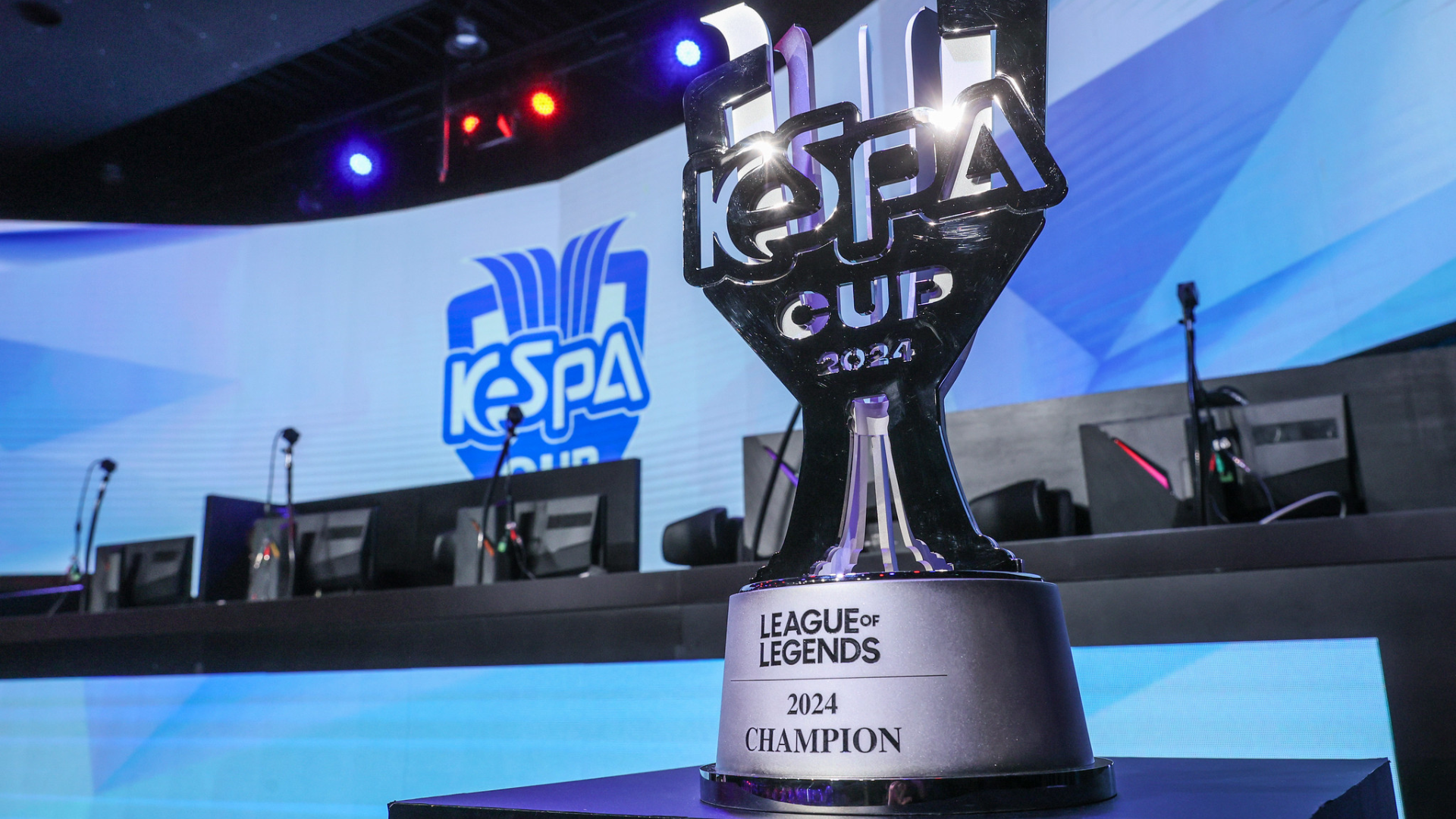
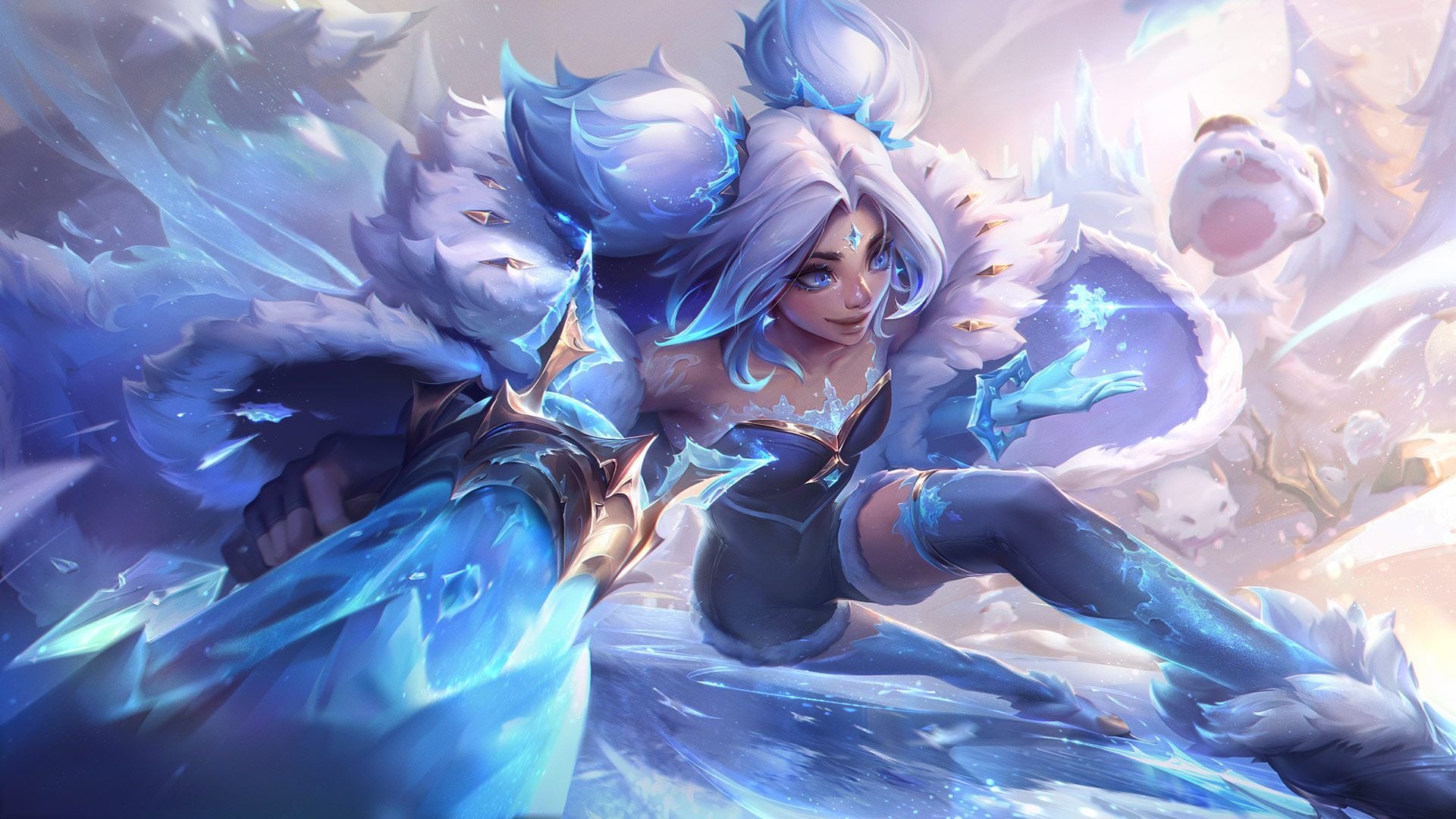

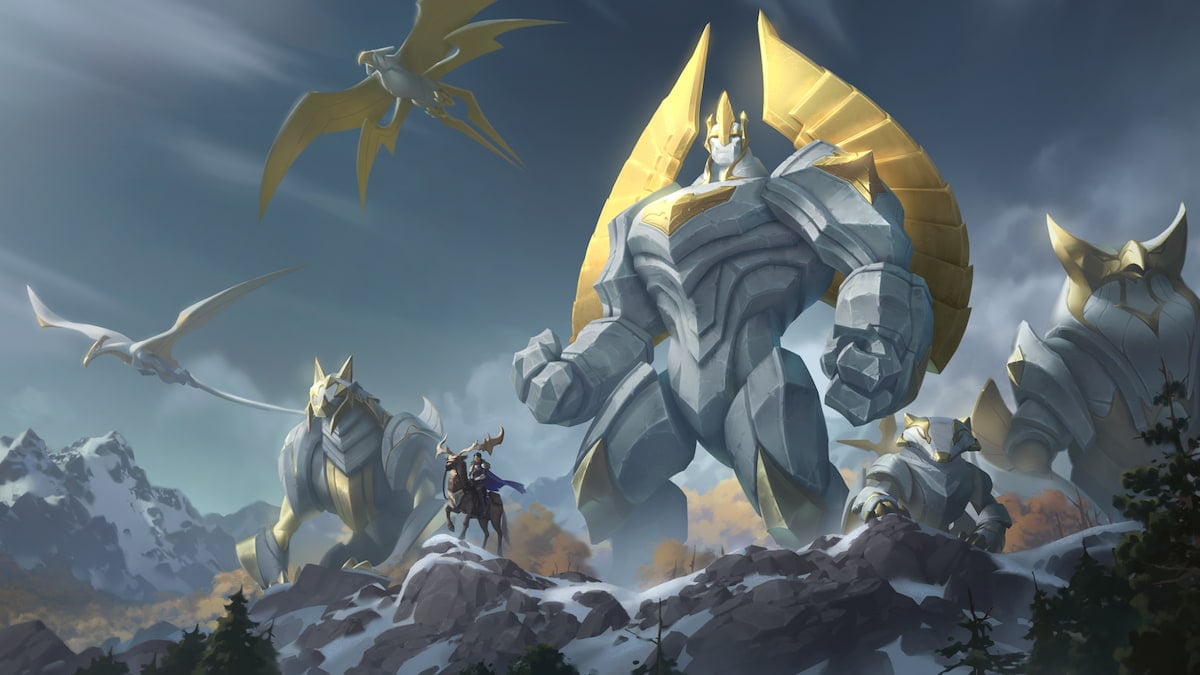
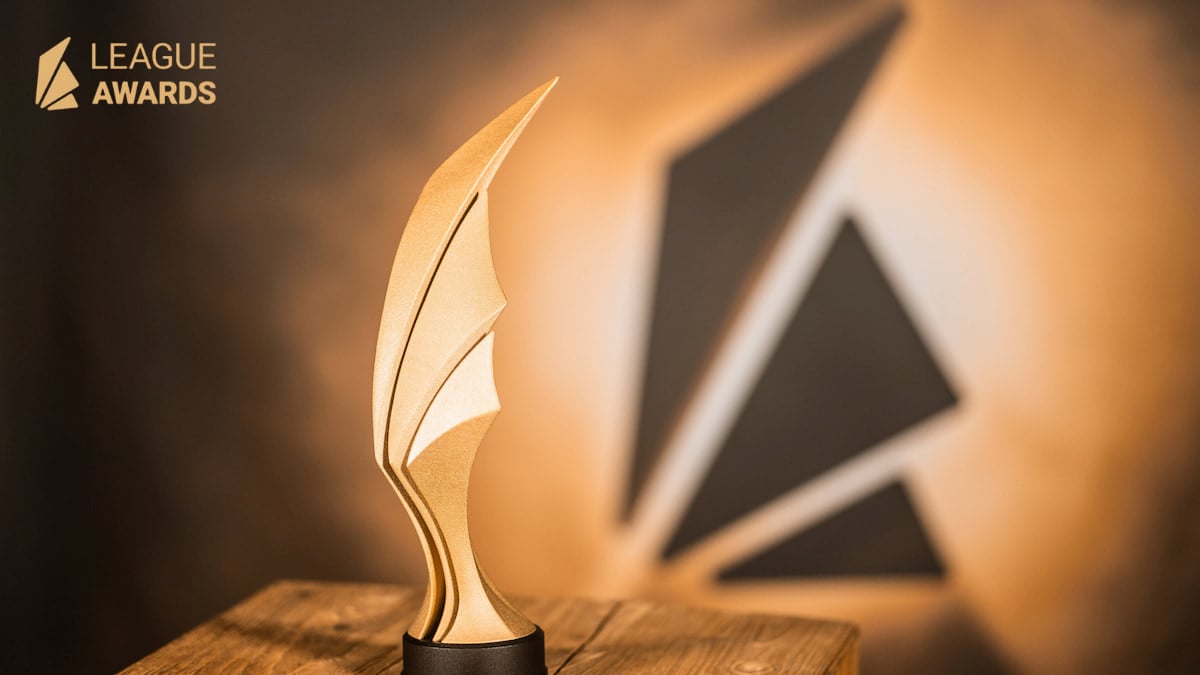
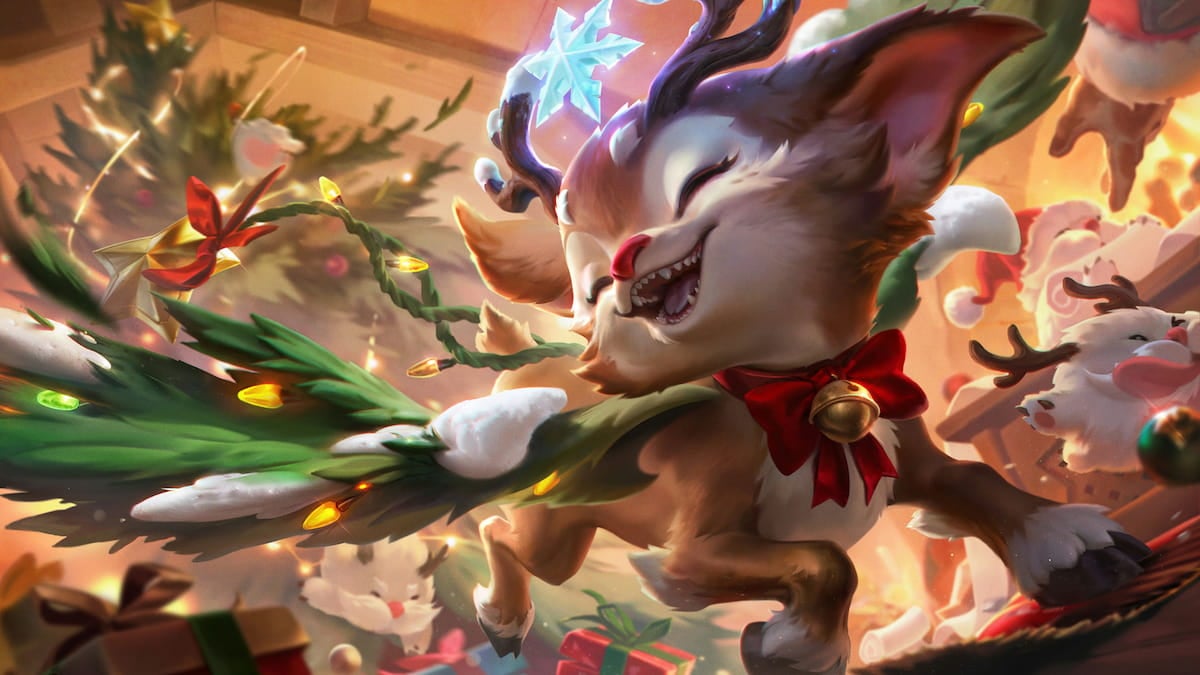
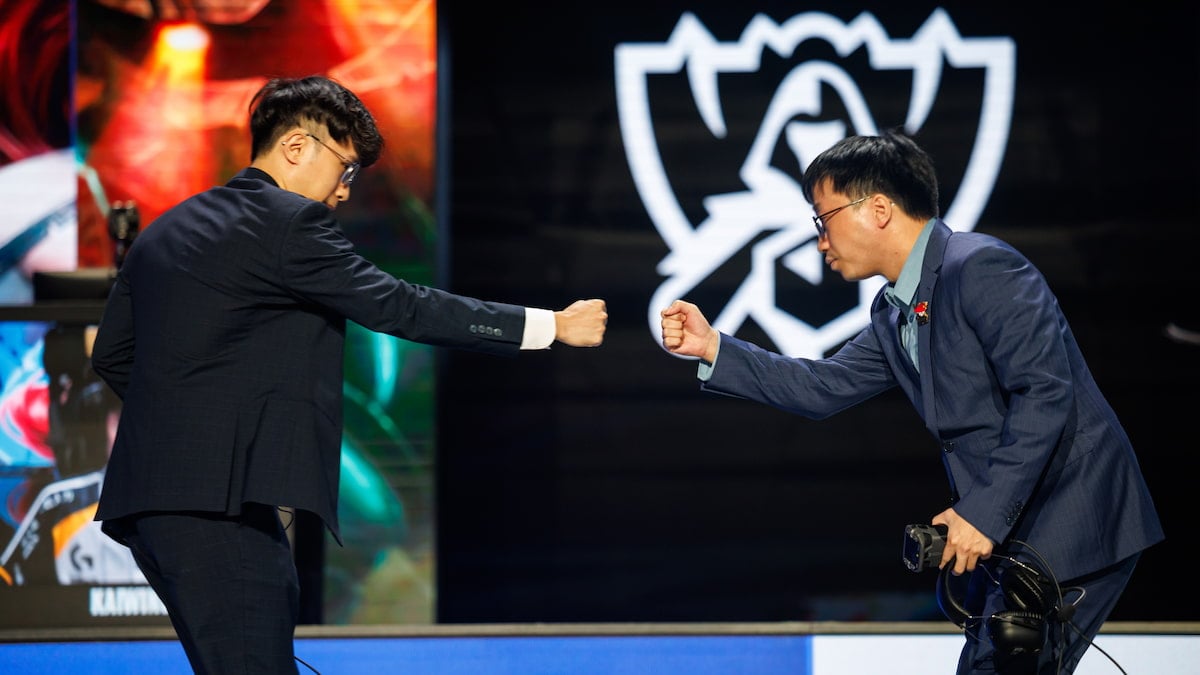
Published: Jun 6, 2014 08:43 am